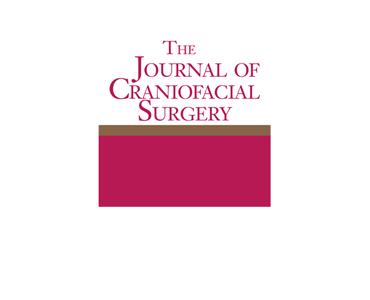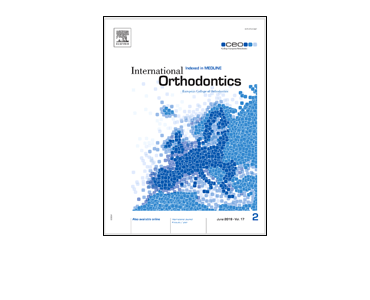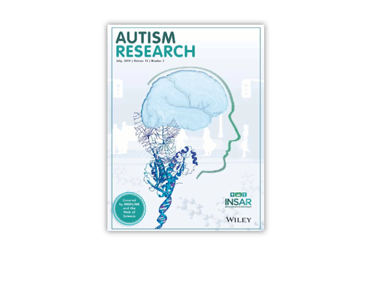Methods and Challenges in a Cohort Study of Infants and Toddlers With Craniofacial Microsomia: The Clock Study. DV Luquetti, ML Speltz, ER Wallace, B Siebold, BR Collett, AF Drake, … CL Heike (2019).
Date: August 2019. Source: The Cleft Palate-Craniofacial Journal, Volume: 56 issue: 7, page(s): 877-889. Objective: The Craniofacial microsomia: Longitudinal Outcomes in Children pre-Kindergarten (CLOCK) study is a longitudinal cohort study of neurobehavioral outcomes in infants and toddlers with craniofacial microsomia (CFM). In this article, we review the data collection and methods used to characterize this…
Details






